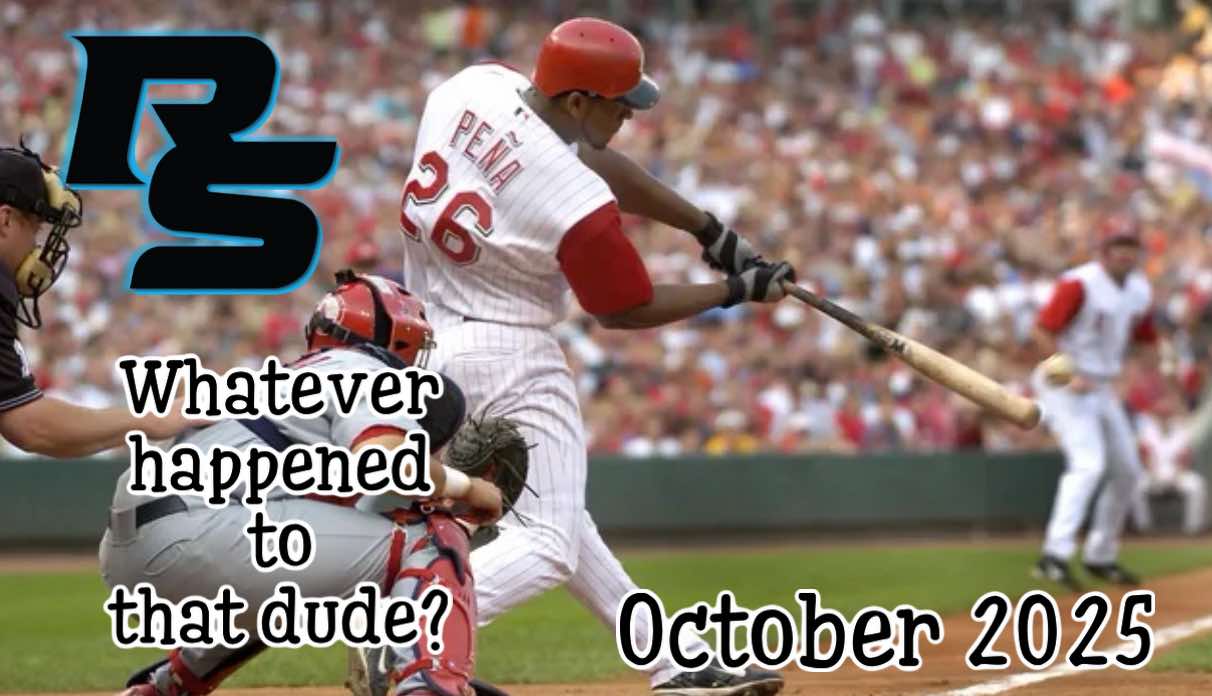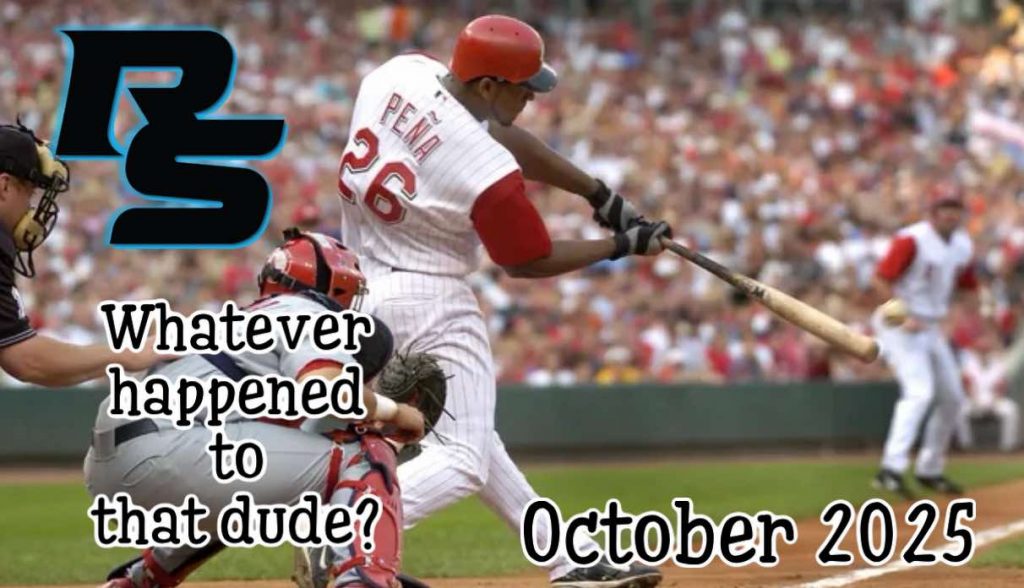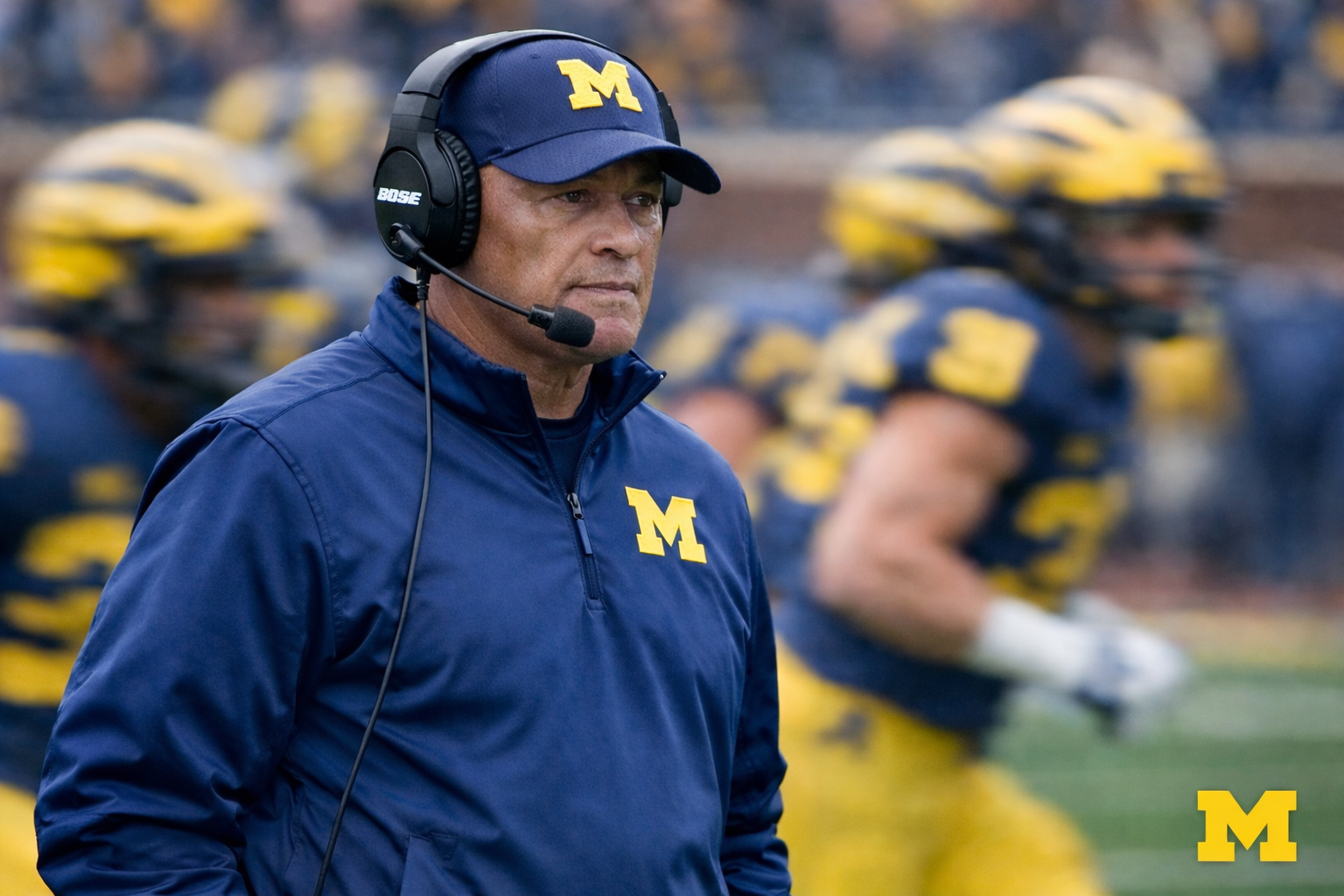

Wily Mo Peña
If you were a baseball fan in the early to mid-2000s, chances are the name Wily Mo Peña meant something to you; even if you were never quite sure why. He wasn’t a perennial All-Star. He didn’t win MVPs. But my God, could the man mash a baseball. He was like a walking batting practice highlight reel. So whatever happened to that dude with the comic-book muscles and tape-measure homers?
Let’s Rewind.
The Hype Was Real
Wily Mo Peña was born on January 23, 1982, in Laguna Salada, Dominican Republic. By his teenage years, scouts were already drooling over his physical gifts—towering size, tree-trunk arms, and the kind of raw power that made batting cages seem pointless.
In 1999, the New York Yankees took a big swing, signing the 17-year-old Peña to a $3.7 million contract. But before he could ever put on the pinstripes, he was traded to the Cincinnati Reds in 2001. It didn’t take long for Peña to generate buzz. In 2004, he hit 26 home runs in just 336 at-bats for the Reds. That’s one homer every 13 ABs. What a ridiculous pace!
He wasn’t just strong. He was unfair. There are stories of him hitting balls through the air conditioning duct at Tropicana Field during batting practice. We’re talking real-life The Natural vibes.
But There Was a Catch… or Rather, a Swing and a Miss
Despite the titanic power, Peña had a big flaw: he struck out. A lot. Like, a lot a lot. He chased breaking balls like they owed him money, and pitchers figured that out quickly. That season he hit 26 homeruns, he struck out 111 times.
That became the frustrating paradox of Wily Mo Peña: prodigious power wrapped in a wildly inconsistent package. In an era before the league had fully embraced the “strikeouts don’t matter” mindset, Peña’s all-or-nothing approach was a hard sell.
Still, the hype didn’t fade easily. He was traded to the Boston Red Sox in 2006, where he briefly tantalized fans with his bat speed and power. There were flashes of promise—a game-winning homer here, a moonshot into the bleachers there—but never enough to make him a permanent fixture.
He bounced around after that: the Nationals, the Diamondbacks, the Mariners. You probably saw his name on your fantasy baseball waiver wire once or twice and thought, “Wait, is he still in the league?”
By 2011, after another short-lived stint in Seattle, he was gone from Major League Baseball. Just like that.
Reinvention In Japan
But Wily Mo Peña’s story didn’t end there. Far from it.
Like many power-hitting, strikeout-prone sluggers before him, Peña found new life overseas—in Japan’s Nippon Professional Baseball (NPB). He signed with the Fukuoka SoftBank Hawks in 2012, and later played for the Orix Buffaloes, Rakuten Golden Eagles, and Chiba Lotte Marines.
In Japan, he turned heads again. In 2014, Peña hit 32 home runs and drove in 90 runs for the Orix Buffaloes. He was a fan favorite—largely because Japanese baseball appreciates a good dinger just as much as America does. And Peña could still deliver them with style.
Was he ever a superstar in Japan? Not quite. But he was consistent, dangerous at the plate, and more importantly—he was fun. And for a guy who had struggled to find a steady home in MLB, that counted for a lot.
One Last Shot…
After several productive years in Japan, Peña tried to mount a comeback in the U.S. In 2017, he signed a minor league deal with the Cleveland Guardians. Fans and reporters briefly entertained the idea: Could Wily Mo make a Cinderella comeback at age 35?
Spoiler Alert: he didn’t. He was released at the end of spring training. That was the end of a pro career that had so much potential but never quite made contact.
So..Whatever Happened to him?
These days, Peña isn’t in the spotlight, but he hasn’t faded into obscurity either.
He’s spent much of his time giving back, especially to the Dominican and Latino communities. Through the MoPeace Foundation, he’s worked on raising awareness around type 2 diabetes, partnering with medical organizations to educate and support families. He’s also stayed involved in baseball, coaching youth teams in the Tampa, Florida area where he now resides. Despite never really finding a foothold in the MLB, everyone of a certain age group, has a WilyMo story, and that, just may have made it all worth it.




